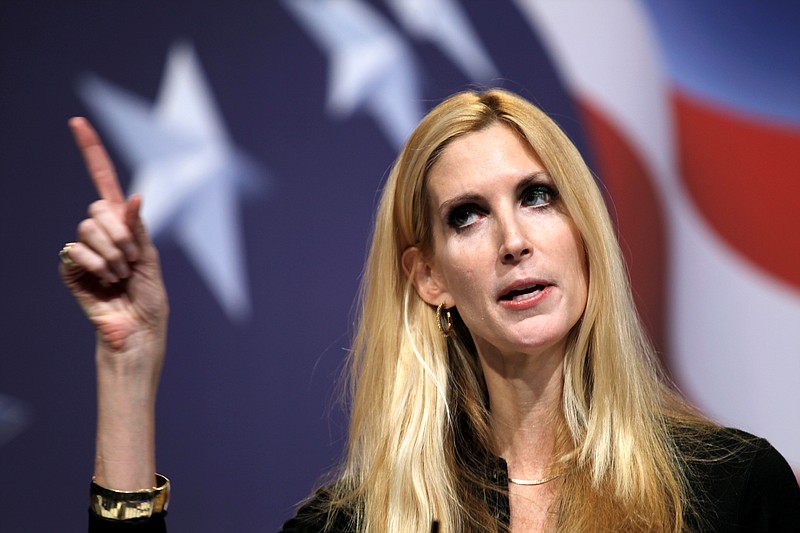A new Tennessee law has been called "the most comprehensive state legislation protecting free speech on college campuses that we've seen passed anywhere in the country" by a group that advocates free speech on campuses.
The Foundation for Individual Rights in Education (FIRE) said the legislation, passed in May, is timely considering "the number of restrictive speech codes across the country and the recent controversies over speech on campuses."
Although the law doesn't take effect until Jan. 1, it couldn't happen soon enough.
Free speech on college campuses - especially from the political right - has been under assault for much of the last decade, but the assaults picked up in number and ferocity in the last year.
In February, University of California security stood aside as violent rioters assaulted students, destroyed property and forced the cancellation of controversial speaker Milo Yiannopoulos, then the Breitbart News tech editor.
In March, with campus administrators at Middlebury College in Vermont failing to step in, a professor was physically assaulted as students rioted before a planned speech by Harvard social scientist and American Enterprise Institute scholar Charles Murray.
In April, security concerns from the threats of leftist violence caused the invited speaking engagement by conservative columnist Ann Coulter at the University of California Berkeley to be moved, curtailed and finally canceled.
The Tennessee law prohibits the use of so-called "free speech zones" to limit areas of campus where certain viewpoints can be heard. It also prohibits university administrators from rescinding invitations from students or faculty to speakers with whom they disagree or fear will cause disruption.
In addition, the law forces campuses to use a previous Supreme Court definition of student-on-student "harassment," defined as behavior "so severe, pervasive, and objectively offensive, and that so undermines and detracts from the victims' educational experience, that the victim-students are effectively denied equal access to an institution's resources and opportunities."
On Monday, a unanimous (8-0) Supreme Court also weighed in against the anti-free speech left, with Justice Samuel Alito writing that "the idea that the government" - public college and universities, for instance - "may restrict speech expressing ideas that offend" - from conservative speakers, for example - "... strikes at the heart of the First Amendment. ... [T]he proudest boast of our free speech jurisprudence is that we protect the freedom to express 'the thought that we hate.'"
Our First Amendment protections go back 230 years. It's a shame a state law has to be passed and a Supreme Court ruling made to assure the Constitution still means what it means.
